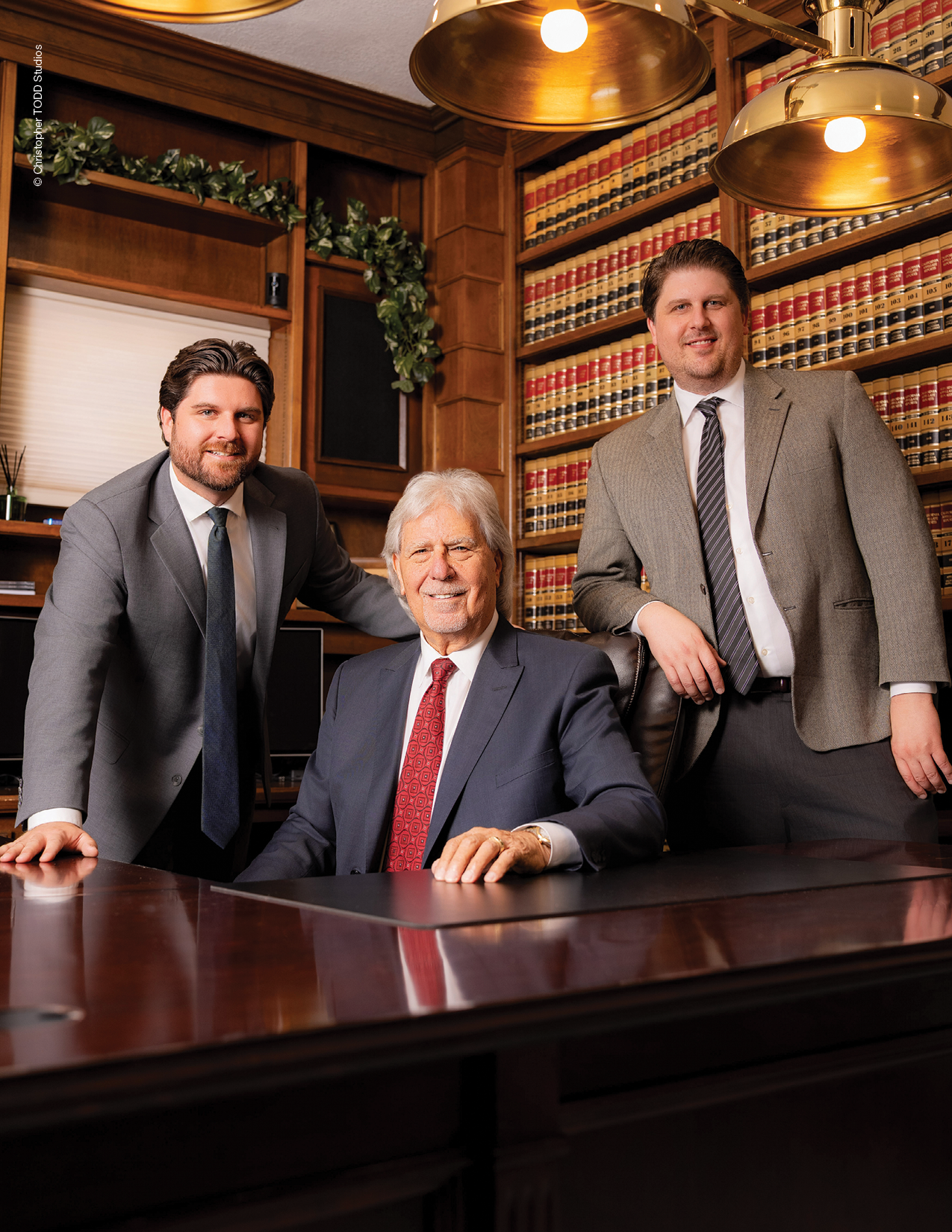This article was provided by Esquire Deposition Solutions. Esquire Deposition Solutions supports more than 300,000 depositions annually, with seamless support for remote depositions. Since 1978, they’ve helped clients get the most out of every deposition. Learn more at www.esquiresolutions.com.
Effective Cross-Examination of Experts During Deposition
Although it’s undoubtedly true that patent litigators have deep expertise in their corner of the scientific world and Texas oil attorneys could teach a college geology class, the fact remains that most litigators do not share the same level of expertise as the expert witnesses they depose in contested, complex cases.
This disparity in subject-matter expertise can leave litigators feeling over-matched during cross-examination and not up to what they believe is the task at hand: exposing the flaws in the expert’s methodology or level of expertise or extracting admissions that deprive the other side of the full benefit of the expert’s conclusions.
But the strategy of fighting toe-to-toe with the expert on subject-matter expertise is a steep uphill climb. The other side’s expert will be a knowledgeable, thoughtful, seasoned witness. The expert will not easily abandon positions taken in the expert’s written report.
Three Objectives During Expert Depositions
Marianne Curtis, a partner with Berger Singerman L.L.P. in Miami, cautions fellow litigators against the dangers of “just winging it” when cross-examining the other side’s expert witness. Instead, she says, litigators should keep in mind three overarching objectives during the deposition.
- Preserve deposition testimony for trial. Litigators should take steps to ensure that expert witness testimony obtained during deposition can be used at trial. During the deposition, the cross-examining attorney should make sure that questions are posed with proper predicates and that they are otherwise asked in a manner that elicits testimony that can survive legal challenges if offered into evidence at trial. (A well-conducted discovery deposition can also provide an appellate record in cases in which the trial court prevents the expert from testifying on topics that would have been helpful to the cross-examining lawyer’s case.)
- Discover facts and lock in testimony. Expert depositions can be used for pure “discovery” purposes. When cross-examining the expert, litigators should ask questions about the existence and location of documents. They can also attempt to seek admissions or lock the opposing side into a particular position. If favorable testimony is obtained during the deposition, that should be nailed down so that the expert can’t “remember” damaging information or submit a conflicting affidavit.
- Set up predicates for dispositive motions. Cross-examination can be used to obtain facts or admissions that provide the basis for a dispositive pretrial motion. If the litigator obtains favorable testimony from the expert, stop asking questions. “The skill here is learning when to stop talking,” Curtis says. “Once you get your answer, do not give that witness a chance to explain or walk it back.”
Focus on Small Victories
The way Michael Levine, partner with Stewart Tilghman Fox Bianchi & Cain P.A. in Miami, sees it, litigators face two dangers in cross-examining the other side’s expert witness. The first is over-confidence. Many litigators believe in their case so much they go into depositions with the objective of bringing the opposing expert around to their view of the case. The second danger is having an unreasonable expectation of “winning” the expert deposition. “You’re not going to win every deposition,” Levine says. “The other side is not going to give up the farm.”
A better strategy is to use cross-examination to extract from the expert witness any information that can be useful to the cross-examiner’s litigation position, Levine says. “Think about what your goals are. Don’t get stuck in the weeds. Keep the big-picture focus.”
Experts almost always know more than the litigator about the subject of their expertise, Levine says. However, they may not know as much as the litigator does about the facts of the case or the prior testimony of other witnesses. This can be used to the cross-examiner’s advantage.
Cross-examination is the litigator’s opportunity to establish the relevant set of facts, Levine says.
Levine suggests that lawyers approaching the task of cross-examining the other side’s expert should focus on four
key objectives.
- Learn the basis of the expert’s opinion. Force the expert to explain the reasoning behind their opinion. Which alternative determinations were ruled out? Which facts were critical to the expert’s opinion? Don’t fail to ask questions simply because the answer may not be helpful to your case. “If you do nothing else, after the deposition you should walk out of there confident that you know everything that the expert is going to say—good, bad, or indifferent,” Levine says.
- Narrow the range of contested facts. Attempt to obtain facts that are not necessary to the expert’s opinion. Eliminate distractions and narrow the facts to relevant ones only. Very often the opposition will cling to factual assertions that appear harmful to your case but are, in fact, not relevant. For example, if the victim in a wrongful death case suffered from heart disease but that condition did not contribute to her death, the expert can be asked to admit that information.
- Seek agreement on uncontested matters. Relatedly, use cross-examination to simplify the case. Reduce complexity, and zero in on facts that jurors will naturally latch onto. “As lawyers, one of our biggest challenges is simplicity,” Levine says. “We as lawyers tend to be way too wordy, way too complicated.” Levine says he often brings a list of critical facts (from his client’s perspective) to expert depositions and seeks to obtain the expert’s agreement with as many of them as possible.
- Uncover grounds for collateral attacks on the expert. If the expert has a longstanding relationship with the opposing party or their law firm, then that relationship should be explored during the deposition. How many times has the opposition retained the expert? How much money has he or she earned giving substantially similar testimony?
Levine says that Google can be used productively to uncover facts useful for collateral attacks on expert witnesses. For example, if the opposing attorney and the expert witness both spoke at the same professional conference, the expert could be productively cross-examined on whether he or she has a personal relationship with opposing counsel. Have you ever had dinner with opposing counsel? Do you have his or her cell phone number?
Finally, it’s important to note that Curtis’ and Levine’s advice applies not only to formally designated expert witnesses but also to any witness who testifies about subject matter that is beyond the cross-examining attorney’s range of expertise. Even though counsel may not be able to dislodge the witness from his or her views, there is much that can be done—with preparation, in every deposition—to extract valuable information and strategic advantages for the client.








